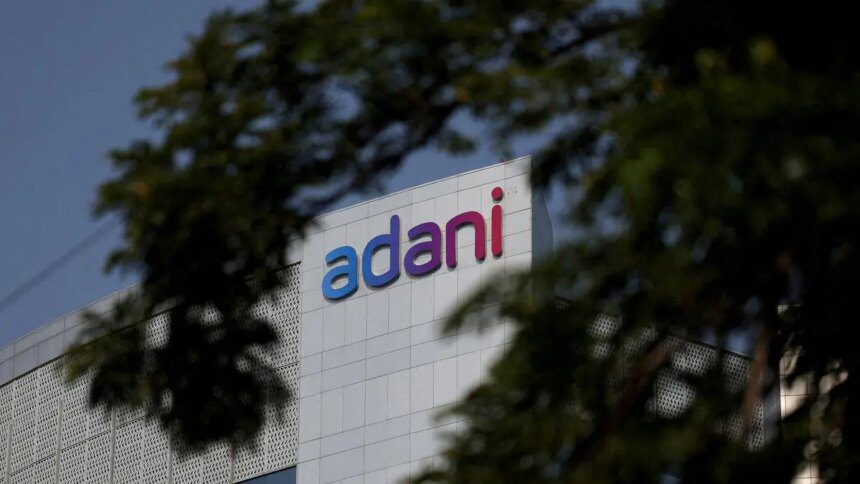The Securities and Exchange Board of India (SEBI) has cleared the Adani Group and its senior executives of allegations made by US-based Hindenburg Research. The allegations claimed that the conglomerate funneled funds through three entities to mask related party transactions and manipulate its stock prices.
In its investigation, SEBI found no violations by Gautam Adani or any associated companies, including Adani Ports, Adani Enterprises, and Adani Power. The regulator concluded that the transactions in question did not fall under the definition of related party dealings at the time they occurred, thus imposing no penalties, according to two separate orders issued by SEBI.
The regulator stated it found no evidence of fraud, market manipulation, or harm to investors. “Having considered the matter holistically, I find that the allegations made against the noticees in the show cause notice are not established… I hereby dispose of the instant proceedings against the noticees without any direction,” said Kamlesh C. Varshney, a whole-time member of SEBI.
Prominent figures in the Adani Group, including Gautam Adani, Rajesh Adani, and CFO Jugeshinder Singh, have also been exonerated. The regulator noted a lack of deliberate concealment or fraudulent activity.
In response to the ruling, Gautam Adani commented on X, stating, “After an exhaustive investigation, SEBI has reaffirmed what we have always maintained, that the Hindenburg claims were baseless. Transparency and integrity have always defined the Adani Group.” He expressed empathy for investors who suffered losses due to what he termed a “fraudulent and motivated report.”
The investigation stemmed from Hindenburg Research’s January 2023 report, which accused Adani group companies of utilizing entities such as Adicorp Enterprises, Milestone Tradelinks, and Rehvar Infrastructure to redirect funds to Adani Power and Adani Enterprises. SEBI had previously issued a show cause notice, alleging breaches of disclosure rules, including the Listing Obligations and Disclosure Requirements (LODR) and the Prohibition of Fraudulent and Unfair Trade Practices (PFUTP).
Upon conclusion, SEBI determined that loans were repaid with interest, indicating no money had been diverted. The orders explained that the show cause notice misapplied legal concepts retrospectively, which is not permissible. The expanded definitions related to indirect transactions became effective only from April 1, 2022. SEBI’s investigations encompassed financial years from 2012–13 to 2020–21 in the case of Adicorp Enterprises and from FY18–19 to FY22–23 in the cases surrounding Milestone Tradelinks and Rehvar Infrastructure.
Additionally, SEBI dismissed claims that Adani had taken part in any scheme to hide related party transactions. The regulator held that the transactions in question could not be classified as manipulative or fraudulent for several reasons: there were no allegations of funds siphoning; all money was returned with interest before the investigation commenced; and the contested transactions were not categorized as related party transactions.
The conclusion of the case, which absolved the Adani Group of any wrongdoing, resolves one of the most prominent regulatory challenges faced by the conglomerate, which saw significant losses in market value following Hindenburg’s report in early 2023. The Supreme Court had mandated SEBI to investigate these claims, and subsequent reports from an expert committee found no regulatory failures, although it recommended enhancements to disclosure norms.
Published on September 18, 2025.










